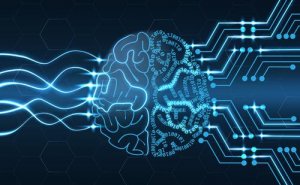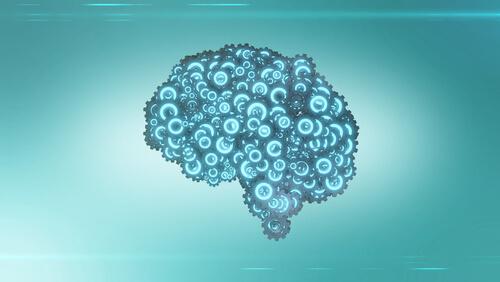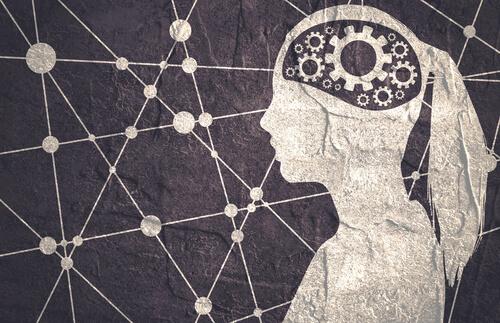Could a Teaching Machine Ease the Learning Process?

Could computer science and psychology help us understand how we learn? Would it be possible to create a machine capable of planning ideal lessons for every individual student and ease their learning process? It seems that the answer to that question is “yes” thanks to the design of a teaching machine.
Most of us have struggled to learn something new before. However, we’ve also experienced moments in which we’ve learned something almost effortlessly. In short, the learning process is dynamic.
If a machine could help ease our learning process and also adapt it to our individual characteristics, perhaps we’d be much more efficient and productive. Thanks to a team of researchers from the University of Wisconsin-Madison, this dream is very likely to come true in the near future.
Different professors from the computer science and educational psychology departments collaborated with computer scientist Xiaojin Zhu in his project “Machine Learning”. Their objective was to expand the horizons of learning.
Machine Learning
Machine learning is a well-established computer science subfield in which experts develop mathematical tools to help teams learn from data and detect patterns. The machine’s apprentices (the teams) are just like regular students.
This teaching machine, with the use of sophisticated mathematics, allows researchers to model real human students and come up with the best possible lessons to teach. For example, this machine can identify the smallest number of exercises necessary for a particular student to understand a concept.
Although it’s still in its early stages, it can greatly impact education. The implementation of this machine would be very beneficial in different areas. First, it’d help individualize teaching and evaluation processes and it’d also help students with learning difficulties better understand what they’re studying.

The Teaching Machine, A Mix of Computer Science and Psychology
Timothy T. Rogers is a Cognitive Neuroscience professor at the University of Wisconsin-Madison and one of Zhu’s collaborators. On one occasion, he explained how computer science and psychology came together in the teaching machine project.
Roger says that for the teaching machine approach to be plausible, we need a good student behavior model. In other words, it’s necessary to understand changes in behavior when it comes to different types of learning/practical experiences. In addition, the model has to be computational and must be able to make quantitative predictions about the students’ behaviors.
“Ultimately, we hope that the teaching machine can be used to help teachers develop plans and study programs that promote learning in a wide variety of fields,” explained Rogers. According to him, some viable fields of application are mathematics, science, and reading.
On the other hand, he also emphasized the importance of effort when it comes to using cognitive learning models that may be influencing real-world problems and that are also forcing researchers to make new and important advances in the understanding of learning processes in general.
However, Zhu says that although this idea is conceptually simple, it’s very difficult to apply in the real world.

The Relationship Between Computer Science and Psychology
Both psychology and computer science are scientific disciplines that focus on identifying the particular characteristics of information processing. The difference is that psychology focuses on human beings and computer science on the creation of tools capable of emulating brain functioning, a.k.a. the computer.
On the other hand, psychology has several branches – cognitive psychology being the most similar to computer science. It focuses on studying the processes through which we obtain knowledge about the world and become aware of our environment.
In addition, cognitive psychology focuses on studying and understanding the functioning and nature of intelligent systems (both human and artificial). For this reason, researchers have proposed the analogy between the mind and computers. Nonetheless, the similarity between the two is quite obvious. This is why researchers on the subject, especially those focused on artificial intelligence, try to transfer ideas, beliefs, and hypotheses proper of the human mind to computers. Likewise, cognitive psychologists use the computer model to form their hypotheses and theoretical interpretations.
As you can see, computer science and psychology are intimately related. Both of them aim to know more about the ins and outs of the functioning of the human mind.
This text is provided for informational purposes only and does not replace consultation with a professional. If in doubt, consult your specialist.








